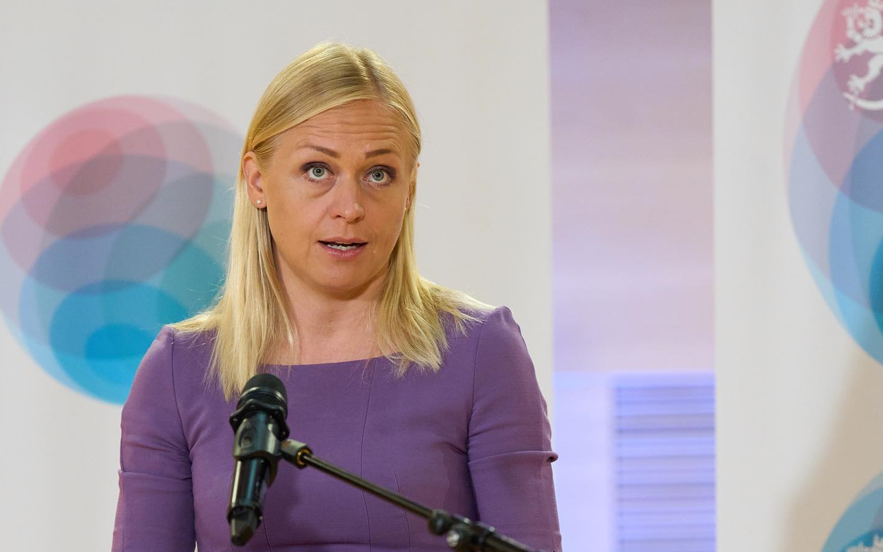The European Union (EU) has announced the adoption of the 14th round of sanctions against Russia, with the Finnish Foreign Minister Elina Valtonen confirming that work on the 15th sanctions package will begin immediately. The new package includes 116 individuals and entities on the sanctions list and introduces measures to restrict profits from Russia’s energy industry. Additionally, the package prohibits any EU facilities from being involved in the transshipment of Russian liquified natural gas (LNG) to third-party countries. Valtonen highlighted the broad scope of the sanctions and emphasized the need to address Russian aggression in Europe, including sabotage operations, disinformation spreading, and cyber threats.
Valtonen praised the 14th sanctions package and emphasized the importance of making it difficult for Russia to utilize its shadow fleet in the Baltic Sea region. She stated that all EU member states had differing viewpoints that needed to be considered during the negotiations. Valtonen stressed the necessity of standing united against Russia’s aggression, as she believed there is no longer an observer status in Europe in relation to Russian actions. The Finnish foreign minister highlighted the importance of supporting Ukraine in the face of Russian aggression, as she expressed the belief that Russia only understands power.
Despite multiple rounds of sanctions imposed by the EU and additional measures by the U.S. and other allies, Russia’s economy has shown unexpected resilience. A recent survey conducted by the Russian Levada Center found that only 11% of respondents felt personally affected by the sanctions. The Financial Times reported that the EU has devised a legal workaround to prevent Hungary from vetoing a proposal to use profits from frozen Russian assets to support Ukraine. This workaround is aimed at ensuring that financial aid can be provided to Ukraine without facing opposition from certain EU member states.
The EU’s ongoing efforts to impose sanctions on Russia reflect the collective stance of member states against Russian aggression and harmful activities in Europe. The measures taken by the EU are intended to deter Russia from engaging in disruptive behaviors and to hold the country accountable for its actions. The sanctions imposed on Russia aim to restrict its access to key industries, such as energy, and to limit its ability to circumvent existing measures. By working together, EU member states are sending a strong message to Russia about the consequences of its actions and the importance of upholding European values and security.
The Finnish Foreign Minister’s remarks underscore the commitment of EU member states to support Ukraine and address Russian aggression in the region. By imposing sanctions and implementing additional measures, the EU is demonstrating its solidarity with Ukraine and its determination to counter Russian threats. The EU’s response to Russian aggression, including the adoption of new sanctions packages, signals a unified approach to defending European interests and security. The ongoing efforts to address Russian activities, such as sabotage operations and disinformation campaigns, highlight the need for continued vigilance and cooperation among EU member states to protect the region from external threats. In supporting Ukraine and standing against Russian aggression, the EU is reaffirming its commitment to defending democracy, sovereignty, and stability in Europe.


